When Doug Liman made the transition from directing his rom-com debut Swingers to helming action-heavy spy flick The Bourne Identity, I was incredulous — but he pulled it off, more or less. When he then pivoted into high-concept sci-fi (with Tom Cruise in tow, no less), I again questioned his abilities and again found my concerns to be largely without basis. So when I heard that his latest project was an Iraq War movie starring WWE superstarJohn Cena, did I finally give him the benefit of the doubt? Hell no, I’m a critic.
Maybe I should just learn to trust the man at this point. What Liman et. al. have delivered with The Wall is not a war film but a monster movie, and a pretty damned good one at that. Liman’s film is extremely minimalistic, stripped down to the barest essentials in order to create a sense of claustrophobia that few, if any, sprawling war epics ever come close to achieving. The film really only has four moving parts: Aaron Taylor-Johnson, John Cena, a hidden sniper and the wall that separates them. It’s nothing short of incredible how much tension Liman has managed to wring out these meager constituents, and Taylor-Johnson’s capacity to carry essentially the entire film is truly laudable.
The premise is straightforward enough, with two American soldiers in the waning days of the Iraq War investigating the slaughter of a group of civilian defense contractors protecting an oil pipeline. The monster movie tropes emerge in the form of the film’s faceless antagonist (referred to as “The Ghost”), whose almost supernatural skill with a sniper rifle and Mabuse-like mastery of U.S. military protocol thwarts our protagonist’s increasingly futile attempts to survive their encounter. Reading The Wall as a horror film, its Iraq setting becomes almost irrelevant, and its geopolitical subtext increasingly applicable in a broader context.
Screenwriter Dwain Worrell’s sense of structure and timing serves the film well, and one gets the feeling that his script was impeccably polished through judicious editing and tactical rewrites until it was entirely devoid of anything extraneous or unnecessary. Still, the film could very easily have been a forgettable piece of postmodern warfare navel-gazing had Liman and Taylor-Johnson not risen to the occasion. Even John Cena couldn’t ruin this film for me, a statement that sounds every bit as absurd now as it did when I wrote it in my notes.
It bears repeating that The Wall is a particularly tense film, establishing its stakes early and never relenting throughout its thankfully brief sub-90-minute running time. Liman manipulates the audience’s fear response with a surgical precision that very nearly makes up for the sloppy shaky cam stylization of his Bourne movies, and his ability to evoke atmospheric dread through the use of light and ambient sound are truly remarkable. The Wall’s myopic perspective may prove too limiting for some, but that very feeling of inescapable isolation is exactly what makes the film so effective. It’s by no means a perfect film, and at times it can seem superficial to the point of self-parody, but it’s a masterful example of the less-is-more school of filmmaking. Rated R for language throughout and some war violence. Now Playing at Biltmore Regal Grande



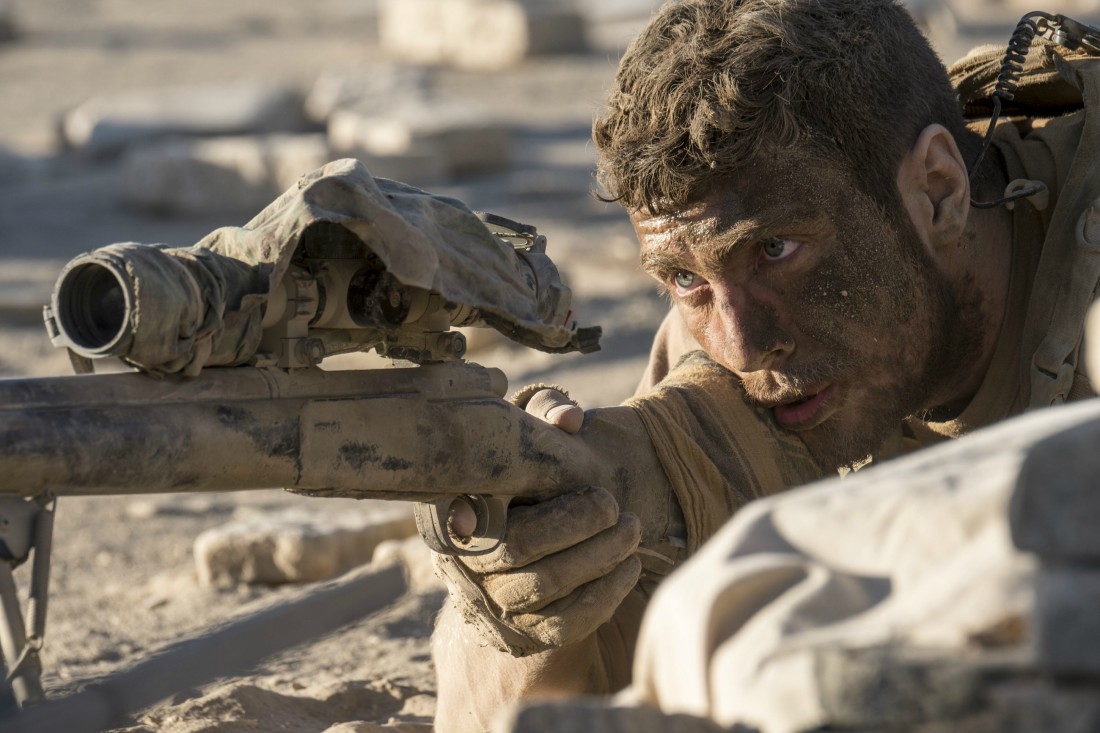
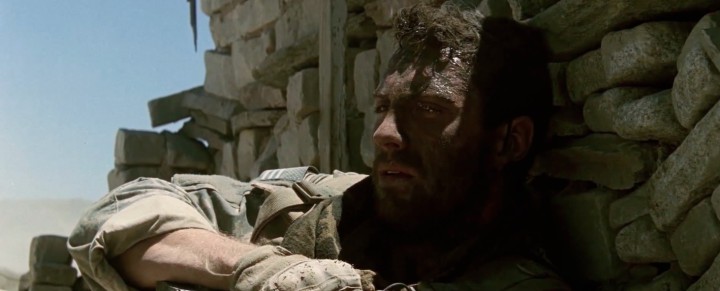
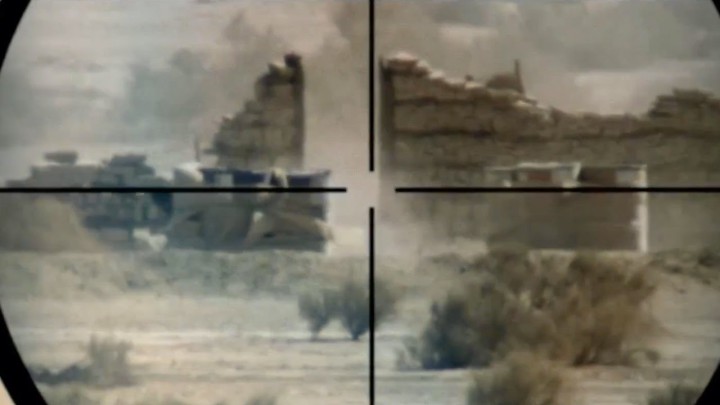
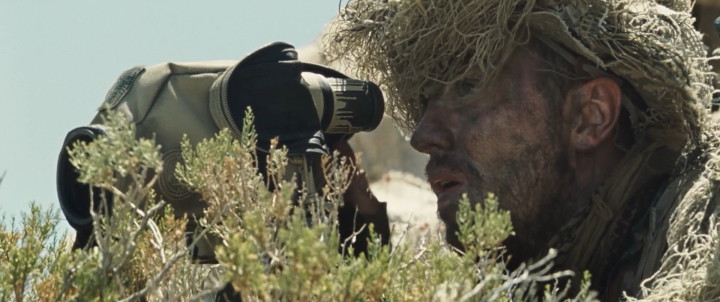
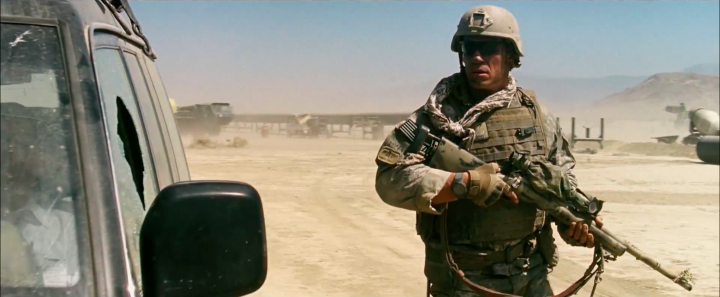
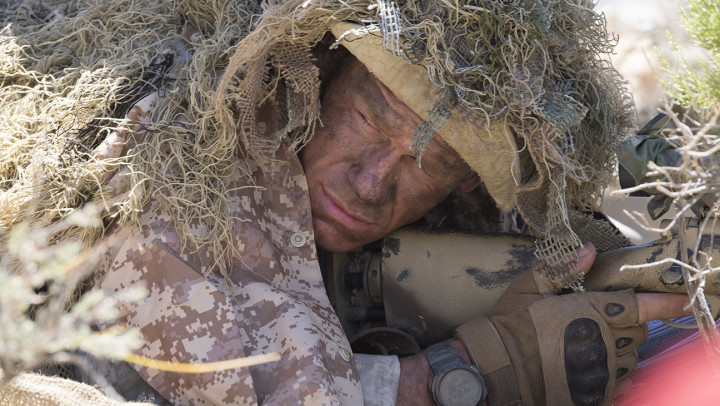
Before you comment
The comments section is here to provide a platform for civil dialogue on the issues we face together as a local community. Xpress is committed to offering this platform for all voices, but when the tone of the discussion gets nasty or strays off topic, we believe many people choose not to participate. Xpress editors are determined to moderate comments to ensure a constructive interchange is maintained. All comments judged not to be in keeping with the spirit of civil discourse will be removed and repeat violators will be banned. See here for our terms of service. Thank you for being part of this effort to promote respectful discussion.